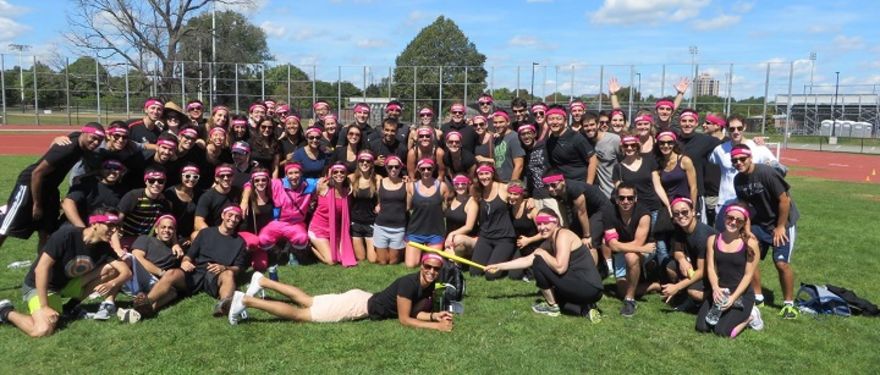Before coming to HBS, I worked as an investment associate at a growth equity firm in Boston. My role there gave me exposure to founders and various executives of growing businesses, and I was very much invigorated by the prospect of helping a company grow in a very tangible way (and not in a ‘I’ll project 15% yoy growth in excel’ kind of way). In researching a role that might be best fit for me, I more or less stumbled upon product management, and once I had a rudimentary understanding of how multi-faceted the role can be, I was hooked.
Is business school absolutely necessary for transitioning into product management at a growing startup? No – there are countless examples of go-getters who landed in product management without an MBA. Did HBS help in my career transition? Absolutely.
Admittedly, I went to HBS with a healthy dose of skepticism on that point, since it was no secret in the startup world that many looked down upon business school graduates, who had the reputation of using flashy business concepts (think Jack Barker’s Conjoined Triangles of Success) to actually accomplish very little.
However, once I started at HBS, I was quite overwhelmed by the sheer amount of resources available - for students looking to start their own venture, for those like me that want to join a startup, and for those interested in large tech companies.
In fact, the tech/startup spirit permeated much of the campus, from the curriculum (TOM, TEM, and Field in the RC curriculum and a plethora of tech-focused courses in EC year), to student clubs (the Tech Club is ones of the largest student clubs and does a phenomenal job organizing an annual tech conference and treks to tech companies on both coasts and many in between), to the numerous programs run by the I-Lab, the Rock Center, and the Career and Professional Development office.
But if I had to name one thing that really helped in my career transition to product management, both in the internship and the full-time job search process, it’s undoubtedly the people of HBS.
For my internship I was adamant about getting, to the extent possible, the ‘full PM experience,’ and that meant finding a fast-moving startup that would let me run with a meaty product feature from just a scribbled idea on a whiteboard, to requirement-gathering phase with customers and experts, to prototyping phase with designers, to development phase with engineers, to beta testing, to launching for customers, all in 10 weeks. And I found exactly that during my summer at InsightSquared.
Who was crazy enough to hire me? Sam Clemens, the Chief Product Officer there, and a HBS alum. How did I meet Sam? My section-mate Ethan Bernstein organized a ‘Cambridge Trek’ for students to meet the founders of the hottest startups around Boston. How did I learn more about InsightSquared once it piqued my interest? My section-mate Cole Shelton just happened to be a PM there before HBS.
Lest you think my internship experience was a fluke, my full-time job search was no different. Once I narrowed down to a shortlist of Boston startups that I was interested in, there was no lack of alums and professors I could consult to learn more (Jeff Bussgang, who taught the popular Launching Technology Ventures course, and Mark Roberge, an Advisor to Hubspot and my professor in my Entrepreneurial Sales and Marketing course, both gave invaluable advice).
I was connected to the startup I ended up joining, Salsify, through one of Salsify’s investors Mickael Skok, who was an Entrepreneur in Residence at HBS through the Rock Center. I booked an online appointment, and we ended up having a great in person chat.
Of course the value of an MBA, specifically an MBA at HBS, cannot be measured merely by the ease of career transitions. But if that is in your consideration, specifically whether an MBA at HBS can be valuable in helping you get a job in product management or tech in general, I can tell you that based on my experience, HBS sure made it a heck of a lot easier.

